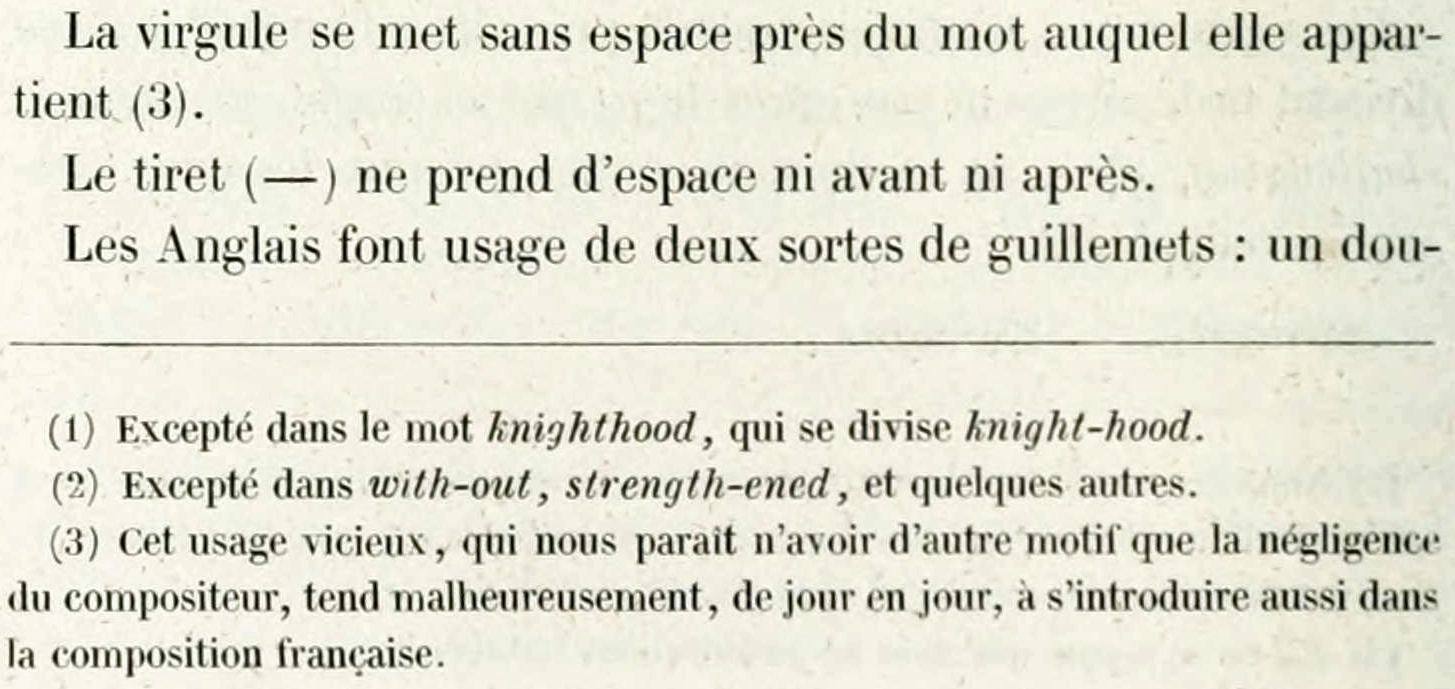Q. I am having an argument with our law clerks. I do not believe that a comma is needed when referencing a date range—e.g., “The case was active from November 3, 2021 to November 30, 2022.” My law clerks insist that a comma belongs after 2021 (between the dates), and I say that when a date range is preceded by a preposition, a comma is unnecessary. Can you provide me with a definitive answer? Thank you.
Q. Do you place a comma between a book or article title and the word “by”? For example: “Pride and Prejudice, by Jane Austen, was published in 1813.” Some editors delete those commas, but to me they make sense. The author’s name often isn’t needed to identify the work, and the pause there feels natural to me. Please guide me with your editorial wisdom.
Q. Hi. I am editing a text and would like to know whether the following sentence should have a comma after the word “so”: “So let’s think about how to understand the chemical diversity of the 20 amino acids.”
Q. Should there be a comma after “also” when it begins a sentence?
Q. An academic friend does not use a space following a comma,as this demonstrates. Is this “acceptable” or common? Certainly I can’t see that usage in CMOS.
Q. In the phrase “today, tomorrow, & always” should the comma before the ampersand be removed?
Q. Is a comma used after “But” or “And” at the beginning of a sentence?
Q. Greetings! I edit a lot of romance novels, which generally have a light, informal tone, but the publisher I work with likes to stick to strict Chicago style unless an author objects. I often struggle with constructions like this one, which I found in the Chicago forum: “My wife’s, Deb’s, father passed away on Sunday.” I would write/edit that as “My wife Deb’s father passed away on Sunday,” although the publisher would likely object because strict Chicago style says to put commas around “wife.” But I think that would sound awful. I would appreciate if you could weigh in on this. Thanks!
Q. I work with many first-time authors, and many of them want to argue about commas. Of course as author, they have the final decision of their own work . . . but I keep running into the idea of breath: “My high school English teacher taught me that commas go where you want to take a breath, so that’s why this comma should be here.” What would you say to these authors?
Q. Chicago says commas aren’t needed with “not only . . . but also” constructions but are needed between two independent clauses joined by a coordinating conjunction. So which wins when you have both?
